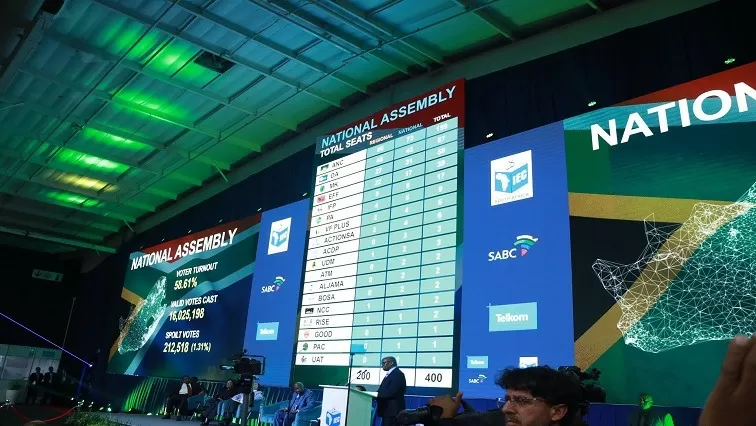The Political Party Funding Act is once again a bone of contention in the country’s courts. This act, which was passed in 2018, aims to regulate the funding of political parties in South Africa. However, it has faced numerous challenges and debates since its inception, with some arguing that it is unconstitutional and others advocating for its implementation. The recent court case has once again brought this issue to the forefront, sparking discussions and debates across the country.
The Political Party Funding Act was introduced with the intention of promoting transparency and accountability in the political landscape of South Africa. It requires political parties to disclose their sources of funding and prohibits them from accepting donations from foreign governments or entities. This act also limits the amount of money that can be donated to a political party, with the aim of preventing corruption and undue influence in the political process.
However, the implementation of this act has faced numerous challenges. The main bone of contention is the provision that requires political parties to disclose their sources of funding. This has been met with resistance from some political parties, who argue that it violates their right to privacy and could potentially expose their donors to harassment or intimidation. This argument has been the basis of the recent court case, with some political parties challenging the constitutionality of this provision.
While it is understandable that political parties may have concerns about disclosing their sources of funding, it is important to remember the bigger picture. The Political Party Funding Act is a crucial step towards promoting transparency and accountability in our political system. It is a necessary tool in the fight against corruption and the undue influence of money in politics. By requiring political parties to disclose their sources of funding, this act ensures that the public is aware of who is financing their political representatives and can hold them accountable for their actions.
Moreover, the provision that prohibits foreign donations is a crucial safeguard against foreign interference in our political process. It is no secret that foreign governments and entities often try to influence the political landscape of other countries for their own gain. By prohibiting foreign donations, the Political Party Funding Act protects our democracy from such interference and ensures that our political decisions are made by the people of South Africa, for the people of South Africa.
It is also important to note that the Political Party Funding Act does not limit the amount of money that political parties can receive from donations. It simply requires them to disclose the amount and the source of the donation. This allows for a level playing field for all political parties, regardless of their financial backing. It also prevents the possibility of one party having an unfair advantage over others due to their financial resources.
The recent court case challenging the Political Party Funding Act is a reminder of the importance of this act and the need for its implementation. It is a step towards a more transparent and accountable political system, which is crucial for the functioning of a healthy democracy. The arguments against this act are short-sighted and fail to consider the long-term benefits it will bring to our country.
In conclusion, the Political Party Funding Act may be a bone of contention in the country’s courts, but it is a necessary and important step towards a more transparent and accountable political system. It is a tool that will help us fight against corruption and foreign interference, and ensure that our democracy remains in the hands of the people. It is time for all political parties to embrace this act and work towards its successful implementation, for the betterment of our country and its citizens.


